Hindu Kush (aka Hindi Kush)
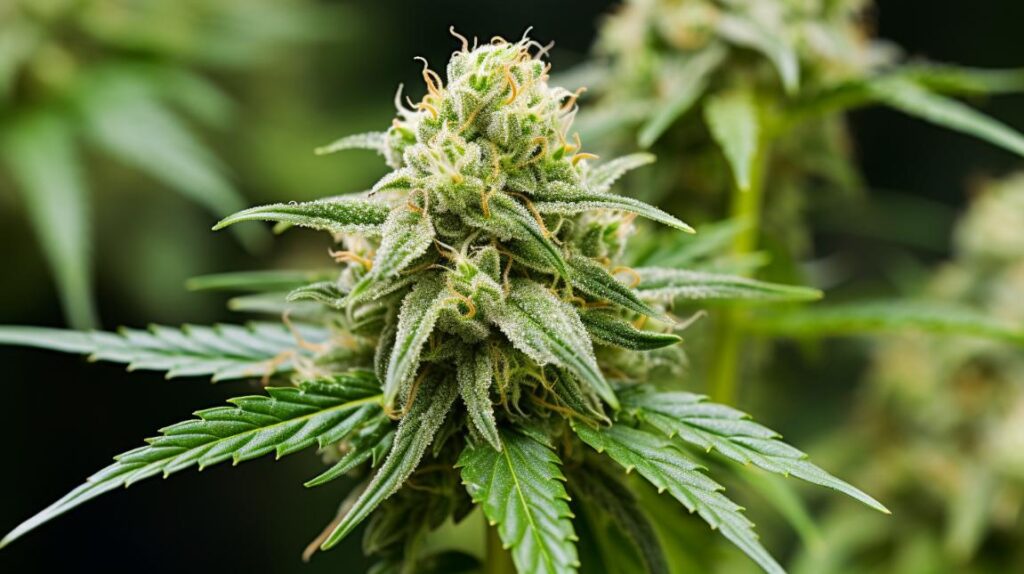
The Hindu Kush marijuana strain, with its origins shrouded in the mystique of the eponymous mountain range, has carved a distinctive niche in the cannabis culture. As a pure indica landrace, it garners respect for its unadulterated genetics and the robust resilience that makes it a favorable choice for cultivation.
With its notable THC concentration, the strain presents an intriguing paradox of therapeutic potential, appealing to both medical and recreational users seeking relief from an array of symptoms. Its terpene profile exudes a classic earthiness with hints of pine and sandalwood, rounding out an experience that is as complex as it is profound.
However, the effects of Hindu Kush extend beyond mere relaxation and sedation, hinting at a deeper confluence between its storied origin and the physiological impact it imparts. To fully appreciate the nuances of this strain, one must consider not only its chemical composition but also the cultural and historical tapestry from which it emerged.
Genetic Lineage
Tracing its roots back to the rugged terrains of the Hindu Kush mountain range, the Hindu Kush weed strain stands as a pure indica landrace, celebrated for its robust genetic heritage and the resulting profound sedative effects. Originating from the regions of Afghanistan and Pakistan, this indica strain is a quintessential example of cannabis genetics preserved through natural selection and geographical isolation. The enduring presence of Hindu Kush in these challenging landscapes has cultivated a strain with a resilient and unadulterated genetic profile.
The THC levels of the Hindu Kush strain are typically measured between 15% to 20%, showcasing the potency that has evolved from its landrace status. This potency is complemented by minimal CBD content, aligning with the genetic expectations of a pure indica lineage. Connoisseurs and enthusiasts of the strain often note the distinctive earthy aroma, a sensory hallmark of its Hindu Kush mountain origins. The effects are markedly classic in their indica expression, delivering a long-lasting high that underscores the genetic lineage’s influence on its contemporary appeal.
The Hindu Kush weed strain, therefore, not only serves as a cornerstone of cannabis culture but also as a botanical embodiment of its ancestral home.
THC/CBD Content
Building on its rich genetic heritage, the Hindu Kush weed strain exhibits a THC content that typically ranges from 15% to 20%, with minimal CBD levels, emphasizing its reputation for potency and therapeutic potential. The high THC concentration underscores why this strain is renowned for its strong sedative properties and its ability to provide a profound sense of calm and relief for those seeking a respite from various ailments.
The Hindu Kush strain is often characterized by:
- An ability to induce deep relaxation and potentially aid in the management of stress and anxiety.
- A sedative effect that can be beneficial for individuals suffering from insomnia, allowing for a more restful and uninterrupted sleep.
- Therapeutic qualities that may alleviate symptoms such as chronic pain, muscle spasms, and nausea, which is particularly significant for patients undergoing treatments like chemotherapy.
The Hindu Kush’s potent nature is not just attributable to its THC content but also to the terpenes and other cannabinoids that together create an entourage effect, enhancing the overall impact of the strain. While the CBD content is low, the main attraction of the Hindu Kush strain lies in its ability to deliver a powerful and tranquilizing high, a hallmark of its pure indica lineage.
Terpene Profile
Delving into the Hindu Kush weed strain’s terpene profile reveals a complex interplay of compounds that shape its distinctive aroma, flavor, and therapeutic effects. The terpene profile is a crucial aspect that determines the unique sensory experience associated with this strain.
Myrcene, a terpene known for its earthy and musky notes, predominates, contributing to the deep, resinous aroma of this strain that is often likened to a walk through a damp forest.
Adding to the olfactory bouquet, limonene infuses a bright, citrusy aspect to the Hindu Kush scent profile, offering a refreshing counterpoint to the grounding myrcene. This terpene is not just about its uplifting aroma; it is also revered for its mood-enhancing and stress-relieving properties, hinting at the strain’s potential to elevate one’s sense of well-being.
Beta-caryophyllene rounds out the trio with its spicy and peppery cues, imbuing the aroma with a pungent kick that lingers on the palate. Beyond its contribution to the flavor, beta-caryophyllene is also noteworthy for its interaction with the endocannabinoid system, suggesting anti-inflammatory benefits that could underscore the therapeutic potency of the Hindu Kush strain.
Understanding this terpene profile is key to anticipating the holistic effects that this venerable strain may offer.
Effects
The effects of Hindu Kush are predominantly sedative, offering a deep sense of relaxation that can envelop users in a tranquil state ideal for evening use. This strain’s tranquilizing nature is not only beneficial for those looking to unwind after a strenuous day but also serves as a therapeutic remedy for individuals with various ailments. The calming impact of Hindu Kush extends to both the mind and body, making it a staple in the repertoire of strains utilized for medicinal purposes.
The notable effects of Hindu Kush include:
- A pronounced increase in appetite, commonly referred to as the ‘munchies,’ which is particularly advantageous for patients who may be experiencing a lack of hunger due to medical treatments or conditions.
- An inclination towards drowsiness, which can be harnessed by those in search of a natural sleep aid or by individuals suffering from insomnia.
- The potential to induce a state of euphoria, which can be instrumental in alleviating mood-related disorders by imparting a sense of well-being and contentment.
Medical Uses
Recognized for its therapeutic qualities, the Hindu Kush marijuana strain is frequently prescribed for the alleviation of stress and the promotion of relaxation in medical settings. Its robust profile, characterized by a high concentration of cannabinoids, renders it particularly effective for patients seeking a natural approach to stress management.
Further analysis of its use reveals that Hindu Kush is often recommended for managing chronic pain, due to its powerful sedative properties. This makes it a suitable option for individuals grappling with persistent physical discomfort associated with a variety of medical conditions. By interacting with the body’s endocannabinoid system, Hindu Kush can modulate pain perception and provide much-needed relief.
Additionally, the strain’s anxiolytic effects are noteworthy, as many users report a significant reduction in symptoms of anxiety. The resultant sense of calm can be profoundly beneficial for those with anxiety disorders, contributing to a more balanced emotional state. For patients who struggle with insomnia, Hindu Kush may also offer therapeutic benefits by improving sleep quality, thanks to its soporific effects.
Moreover, Hindu Kush has been observed to stimulate appetite, which can be advantageous for patients experiencing appetite loss due to certain medical treatments or conditions. This ancillary benefit underscores the strain’s versatility and underscores its utility in a comprehensive medical cannabis program.
Flavor and Aroma
Building on its therapeutic applications, the Hindu Kush strain’s sensory appeal is marked by a distinctive flavor and aroma profile that engages the senses with its earthy and sweet nuances. As a pure indica landrace, the Hindu Kush is one of the most authentic expressions of terroir in the cannabis world, providing a sensory journey that is both comforting and exotic.
The aroma and flavors of Hindu Kush are deeply intertwined with its geographic origins. Grown in the harsh yet beautiful mountainous terrains, this strain has developed a robust profile:
-
Aroma: A bold, earthy base complemented by subtle hints of pine and skunk, topped with a sweet and musky undertone.
-
Flavors: A harmonious blend of earthiness and pine, with sweet accents that can evoke the sensation of inhaling incense infused with rich herbs.
-
Terpenes: A rich concentration of myrcene, limonene, and beta-caryophyllene which contribute to its unique and complex flavor characteristics.
The musty, almost damp scent reminiscent of wet pine or spice, is instantly recognizable. Upon consumption, the Hindu Kush offers a tasting experience characterized by a spicy, herbal, and woody flavor profile, which is both grounding and enlightening, signifying its storied lineage as a pure indica landrace.
Appearance
Exhibiting large, clustered buds with a verdant green hue, Hindu Kush’s appearance is occasionally accentuated by purple tinges in the foliage, presenting a sticky texture indicative of its potent resin content. This strain, named after the mountain range where it originates, is a pure indica, known for its robust and resinous flowers that epitomize the hardiness required to thrive in such a harsh environment.
The dense buds of Hindu Kush are a tapestry of green and purple, generously frosted with silver-white trichomes that gleam with a resinous sheen. This crystalline coating is not merely ornamental; it is a testament to the strain’s rich terpene profile, which imparts a complex aroma that combines the sweetness and muskiness inherent to its lineage.
Analyzing the appearance of this strain reveals a visual harmony of form and function. The sticky, dense buds with their musty smell and sweet overtones, often likened to spice or damp pine, are both a result of and a response to the rugged terrain of the Hindu Kush mountain range. This indica’s earthly aesthetic is complemented by a floral bouquet, hinting at the deeply therapeutic experience it offers.
Grow Information
Cultivators of the Hindu Kush strain appreciate its adaptability to both indoor and outdoor environments, particularly thriving in warmer climates where its medium stature and abundant resin production are optimized. When grown indoors, the Hindu Kush strain exhibits a propensity for robust growth, reaching a manageable height of 4-6 feet. It is well-known for its dense buds that are heavy with resin, a characteristic that has garnered the strain a favored status among growers. Yielding up to 14 ounces per square meter indoors, this strain proves to be as bountiful as it is resilient.
Outdoor cultivation of Hindu Kush offers a slightly higher yield, with the potential of producing up to 16 ounces per plant. This is achievable due to the strain’s natural resistance to temperature fluctuations, making it a suitable choice for novice cultivators. The vegetative stage of the Hindu Kush is marked by steady growth, and growers often employ the sea of green (SoG) method to maximize space efficiency and yield.
Key aspects of growing Hindu Kush include:
- Prefers warm climates for optimal growth
- Resistant to temperature changes, suitable for beginners
- Thrives with the sea of green (SoG) technique
This indica strain’s ease of growth and significant resin production make it a practical and rewarding choice for both experienced and novice growers alike.
Adverse Effects
While the Hindu Kush strain is praised for its cultivation benefits, it is important to consider the potential adverse effects that may accompany its use, including dry mouth, dry eyes, and in some cases, feelings of anxiety or paranoia. Being that Kush is a potent variety of cannabis, users should be cognizant of the strength of its effects. The concentration of active compounds, such as THC, in this strain can produce profound psychoactive outcomes, which might be overwhelming for novice users or those with a low tolerance.
The negative effects often reported include a sensation of dehydration, leading to an insatiable thirst and discomfort linked to dry mouth – colloquially known as ‘cottonmouth.’ Similarly, the strain’s ability to decrease tear production results in dry eyes, which may cause irritation and redness. Analytically, it is the strain’s sedative properties that are likely to elicit feelings of dizziness or lethargy in some users, and its psychoactive potency may trigger anxiety or paranoia, especially in those predisposed to these conditions.
Being informed about these potential adverse effects is crucial for users seeking to mitigate them. Adequate hydration, pacing the dosage, and creating a calm consumption environment may help alleviate some of these negative effects.
Comparisons with Similar Strains
Understanding the potential adverse effects of Hindu Kush is crucial for users, and equally important is recognizing how the strain compares to other indicas, sativas, and hybrids in terms of effects, flavor profile, and cultivation characteristics.
Hindu Kush is renowned for its potent body high that can provide profound relaxation. This classic indica strain often delivers a more intense experience than many hybrids or sativas, which tend to offer more cerebral or energizing effects.
When analyzing the nuances of Hindu Kush, several comparisons highlight its distinct nature:
-
Potency and Effects: Hindu Kush’s long-lasting body high is more pronounced than many indica strains, offering deep sedation preferred by users with higher tolerance or those seeking therapeutic benefits for anxiety and insomnia.
-
Flavor Profile: The earthy and woody notes, enriched with spicy and herbal undertones, are bolder when compared to the lighter and sometimes fruity flavors found in certain hybrid strains.
-
Cultivation Adaptability: Unlike some landrace strains that may require specific growing conditions, Hindu Kush’s resilience across diverse environments makes it a reliable choice for cultivators of varying experience levels.
Informed by these comparisons, Hindu Kush stands out as a strain with a compelling combination of strong physical effects, distinctive flavors, and grower-friendly characteristics.
Research and Studies
Scientific research into the Hindu Kush strain has confirmed its high THC content, typically ranging from 15% to 20%, and its efficacy in relieving several medical symptoms including depression and chronic pain. This pure indica strain is renowned for its potent and long-lasting effects, which are particularly beneficial for those seeking relief from persistent ailments. The unique terpene profile of Hindu Kush contributes to its distinctive aroma and may also play a role in its therapeutic properties.
Additionally, studies have indicated that the Hindu Kush strain is adept at both indoor and outdoor cultivation, adapting well to warm climates and offering gratifying yields. Its robust genetics have not only made it a favorite among growers but also allowed it to win numerous Cannabis Cup competitions and become an influential parent strain to various hybrids.
The following table lists some of the key findings from research and studies on the Hindu Kush strain:
| Benefit | Description |
|---|---|
| Symptom Relief | Aids in alleviating depression, anxiety, and chronic pain |
| Cultivation Adaptability | Thrives in warm climates, suitable for indoor/outdoor growth |
| Competitive Acclaim | Winner of multiple Cannabis Cup awards |
| Genetic Contribution | Parent to new strains, enhancing genetic diversity |
This table encapsulates the essence of Hindu Kush’s acclaim and its long-lasting effects on the cannabis community.
History and Origin
Building on its well-documented therapeutic and cultivation successes, the Hindu Kush strain also boasts a rich history and geographical origin rooted in the mountainous region that shares its name, stretching across Afghanistan and Pakistan. This pure indica strain has adapted to the harsh, arid climate of its homeland, developing unique characteristics that distinguish it from other cannabis varieties.
Here are several key points that underscore its storied past:
- The Hindu Kush mountain range has been a natural fortress, sheltering the cannabis strain and allowing it to thrive in isolation for centuries.
- Traditional cultivation techniques honed by local farmers have contributed to the strain’s resilience and potency, with practices passed down through generations.
- The strain’s journey to Western consciousness began with travelers and explorers who introduced it to new terrains, where it has since been crossbred to create numerous hybrids.
The Hindu Kush strain is a testament to the endurance of landrace cannabis varieties. Its robust genetics reflect the rugged terrain of the Hindu Kush mountain range, demonstrating the plant’s ability to not only survive but flourish under challenging environmental conditions. The strain’s rich resin production and distinctive terpene profile can be directly attributed to the adaptive evolution it has undergone in its native habitat.
Frequently Asked Questions
Is Hindu Kush a Sativa or Indica?
When assessing the genetic heritage of cannabis strains, it is pertinent to identify whether they exhibit characteristics of indica or sativa. Cultivation challenges can also influence the classification of these strains. In this case, the strain in question is an indica.
What Are the Effects of Hindu Kush?
The effects include profound relaxation and euphoria, often accompanied by increased appetite and sleepiness. Its distinct aroma profile contributes to its popularity in Kush cuisine, enhancing both flavor and experiential qualities.
What Does Hindu Kush Feel Like?
The subject in question, deriving from mountain origins, may elicit sensations of profound relaxation. Its strain history suggests a legacy of soothing effects, potentially easing stress and enhancing a tranquil state of being.
Is Hindu Kush Rare?
In the realm of cannabis cultivation, rarity is often influenced by strain genetics. The Kush lineage, known for resilience and distinct characteristics, is prevalent, suggesting that its variants are not typically classified as rare.

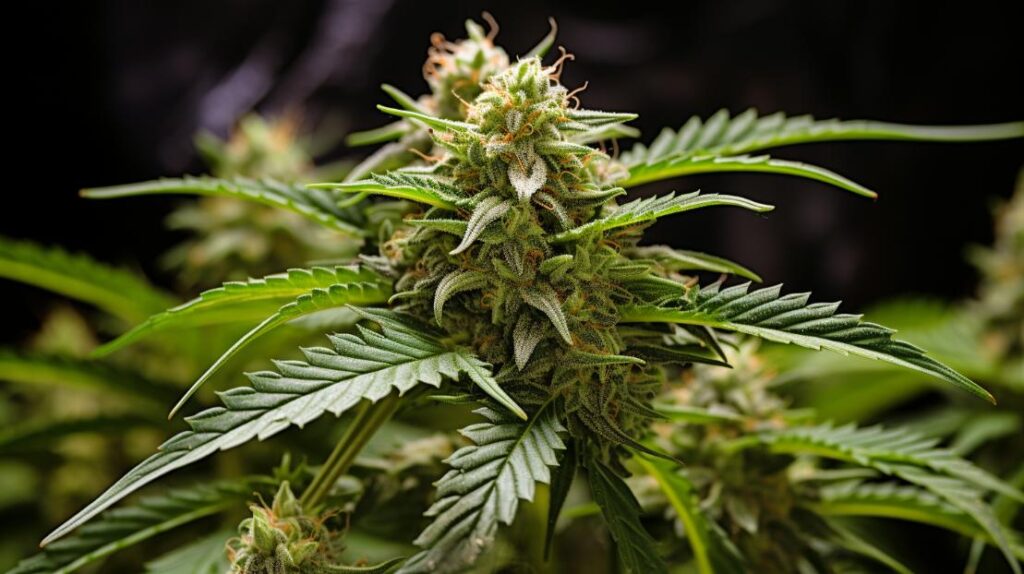
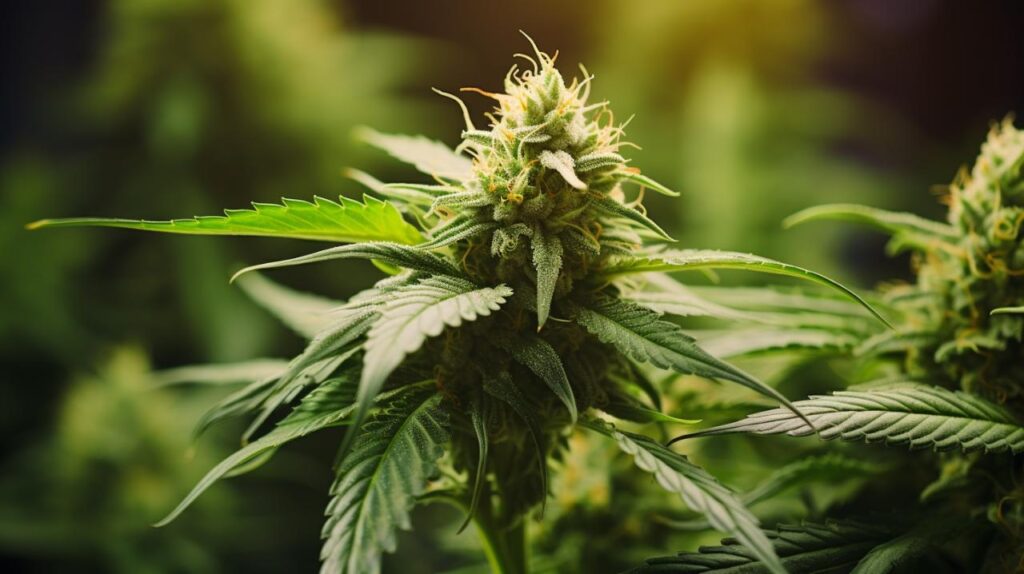
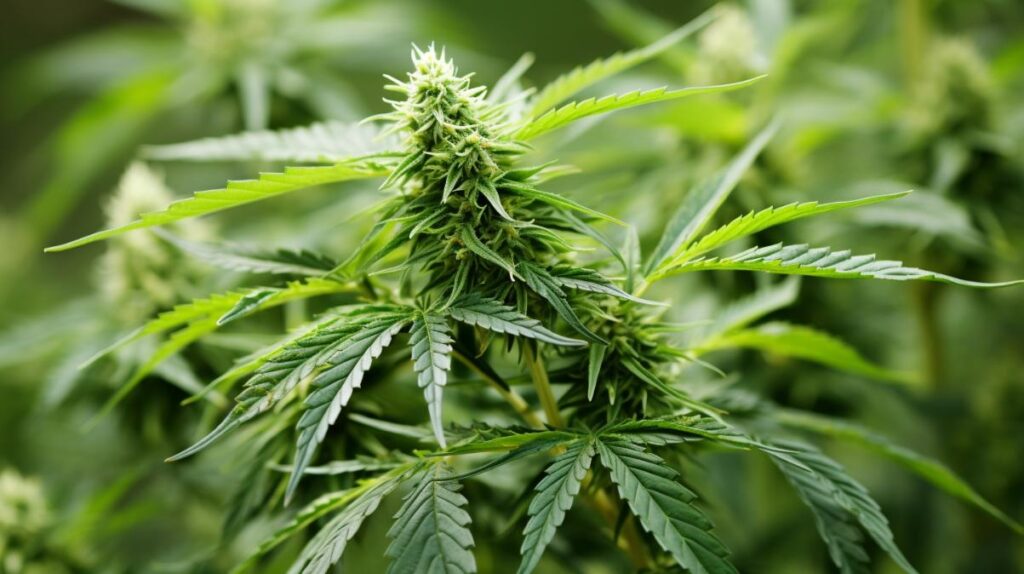
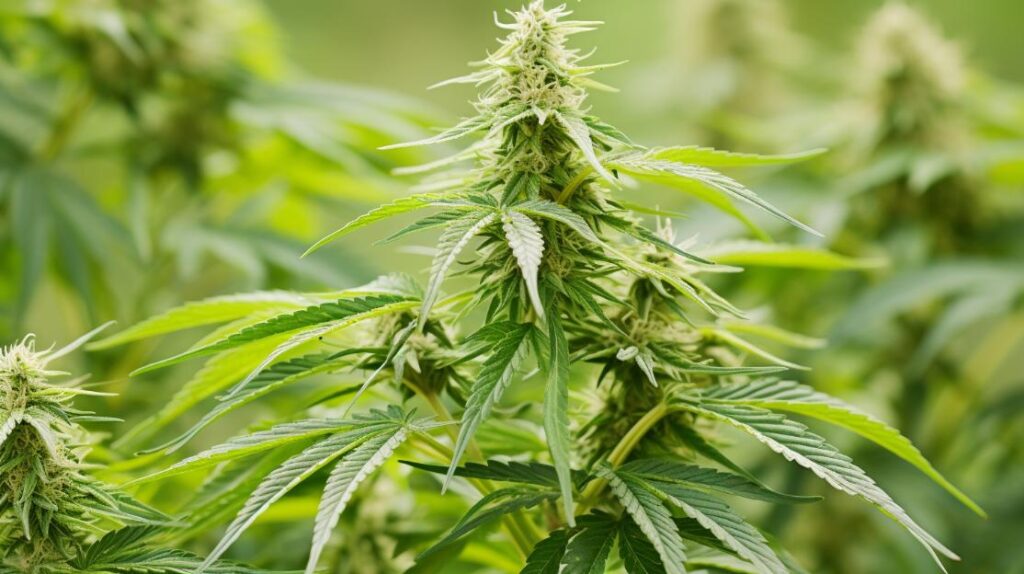


Responses